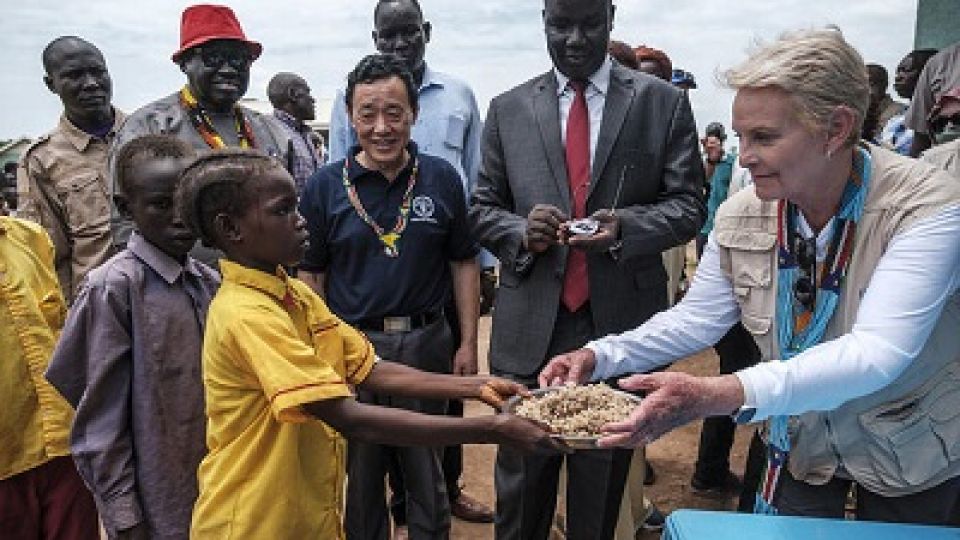from RAJI BASHIR in Khartoum, Sudan
Sudan Bureau
KHARTOUM, (CAJ News) – OVER 10 000 children could die by the end of this year if the attacks and disruptions of health and nutrition services in war-torn Sudan continue unabated.
The dire warning comes as limitations in safety and security, access and resourcing hamper the response of government and aid agencies, much to the collapse of the health sector.
While there is insufficient data for their verification, projections based on Johns Hopkins University’s Lives Saved Tool modelling indicate that at least 10 000 children under five years of age may die by the end of 2023 due to the increase in food insecurity, and disruptions to the essential services.
This is well over 20 times the official number of children of all ages killed by the fighting since April.
About 70 percent of hospitals in conflict-affected states are not functional. The World Health Organisation (WHO) has verified 58 attacks on health care to date, with 31 deaths and 38 injuries of health workers and patients..
The number of hungry families has almost doubled, with 700 000 children suffering from severe acute malnutrition and 100 000 children requiring life-saving treatment for acute malnutrition with medical complications.
Cholera has killed 65 people, many of them children out of 1 310 cases.
The United Nations Children’s Fund (UNICEF) and WHO are concerned about cholera, measles, malaria and dengue spreading across the country, posing lethal risks to malnourished children.
Health authorities have already reported 4 296 suspected cases of measles and 108 deaths, 4 307 suspected dengue cases and 16 deaths and over 710 000 clinical malaria cases with 27 deaths.
Mandeep O’Brien, UNICEF Country Representative in Sudan, said maternal, newborn and child health and nutrition service delivery – a lifeline in a country where nearly 14 million children urgently require humanitarian support – has been decimated in some areas.
Health workers have not been paid in months. Supplies are depleted. Critical infrastructure is still under attack.
“The fighting needs to stop now. The toll on children is unacceptable,” O’Brien said.
More than 5,8 million people, 2,5 million of them children, have been displaced and primary health care is beyond the reach of millions.
Dr Nima Saeed Abid, WHO Representative in Sudan, appealed for a stop to attacks on health care, ensure safe and unhindered access, and adequately resource health operations.
“Ultimately, though, peace is the answer,” Abid said.
– CAJ News

